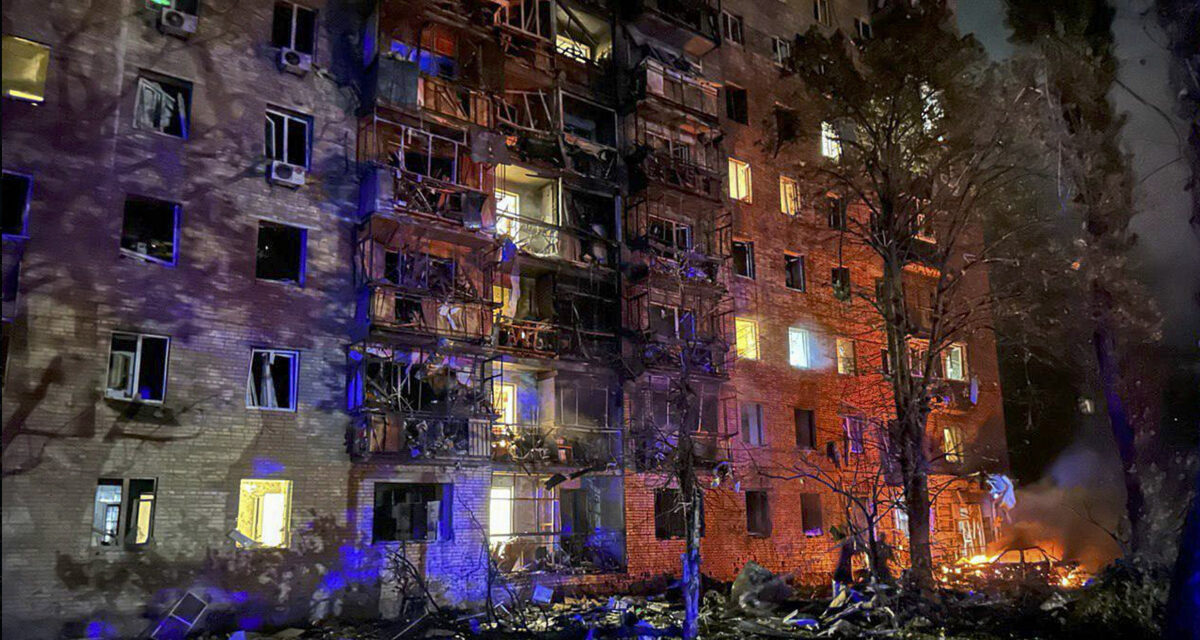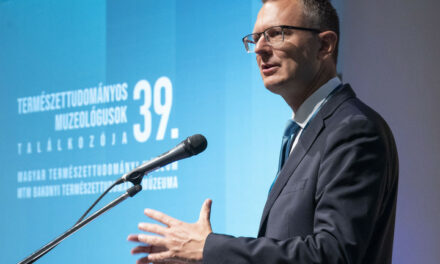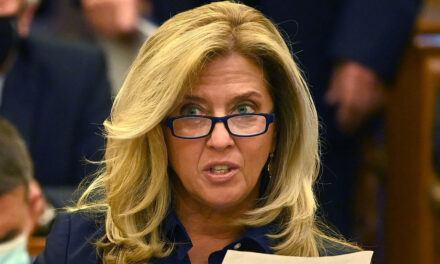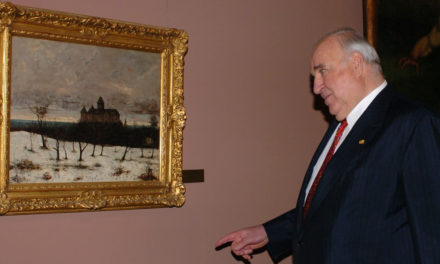Ukraine and Russia were close to a cease-fire agreement, but the Kursk incursion put an end to Qatari-mediated talks. This would have been the first time that the Ukrainian and Russian sides would have met face to face since the unsuccessful talks in Istanbul.
A partial cease-fire agreement between Russia and Ukraine was within reach, but the invasion of Kursk prevented it, writes The Washington Post, citing diplomatic sources. According to sources who spoke anonymously to the leading American newspaper, the Ukrainian and Russian leaders, with the mediation of Doha, were on the verge of a landmark partial ceasefire agreement - which was primarily aimed at stopping airstrikes against the energy infrastructure - but the negotiations failed as a result of the Kursk incursion.
For almost more than a year, Russia has been carrying out continuous drone and missile attacks against the facilities of the Ukrainian energy network, and in response, the Kyiv leadership targeted Russian oil refining facilities and hydrocarbon reservoirs. As a result of the attacks, Russia's crude oil refining capacity fell by 15 percent, and the world market price of natural gas rose worldwide.
That is why many of the participants in the negotiations started with the mediation of Qatar were rightly confident that a successful agreement could even have predicted a negotiated end to the war. The Washington Post notes, based on anonymous sources:
the willingness to negotiate represented a significant shift on the part of the warring parties from their previous position.
Earlier, Ukrainian President Volodymyr Zelenskyi said that a ceasefire and the start of peace talks would only be possible if Russia withdraws its troops from the territories it controls, including the Crimean peninsula. On the other hand, Russian President Vladimir Putin said that Kiev should hand over the regions in question to Moscow, including those areas that are not currently controlled by the Russian army.
During the two years of the war, Ukrainian and Russian delegations have never met face to face since the failed talks in Istanbul and the conclusion of the Black Sea Grain Agreement.
Just as many attempts to create a humanitarian corridor have failed, adds the Washington Post. According to the paper, the negotiations collapsed when the Russian side learned about the incursion of Ukrainian forces into the Kursk area, which Moscow described as an escalation. After that, the negotiations with the Qataris mediating between the parties were postponed.
However, Russia "didn't back out of the negotiations, it just asked for time," a diplomat told The Washington Post on condition of anonymity.
The newspaper also contacted the leadership in Kyiv, who explained the postponement of the negotiations with "the situation in the Middle East", but at the same time, according to their claim, they will participate in the video conference due on August 22. Neither the Kremlin nor the White House responded to what the Washington Post wrote. However, the White House announced earlier:
only Ukraine has the right to decide the terms of the ceasefire with Russia.
According to the diplomat interviewed, both Ukraine and Russia were ready to conclude the agreement before the Kursk attack, but at the same time, the leadership in Kyiv had already expressed skepticism - the Ukrainians saw a 20 percent chance - regarding the success of the negotiation. At the end of the article, they note: the discussions in question and the issue of a possible agreement - which, according to the indications, may not happen - further raise the stakes in Zelensky's "gamble."
Featured Image: Kursk Mayor Igor Kucak shows a residential building damaged by debris from a downed Ukrainian missile in Kursk, Russia on August 11, 2024. According to Alexei Smirnov, the governor of the Kursk region, thirteen people were wounded. MTI/EPA/Igor Kucak, mayor of Kursk













